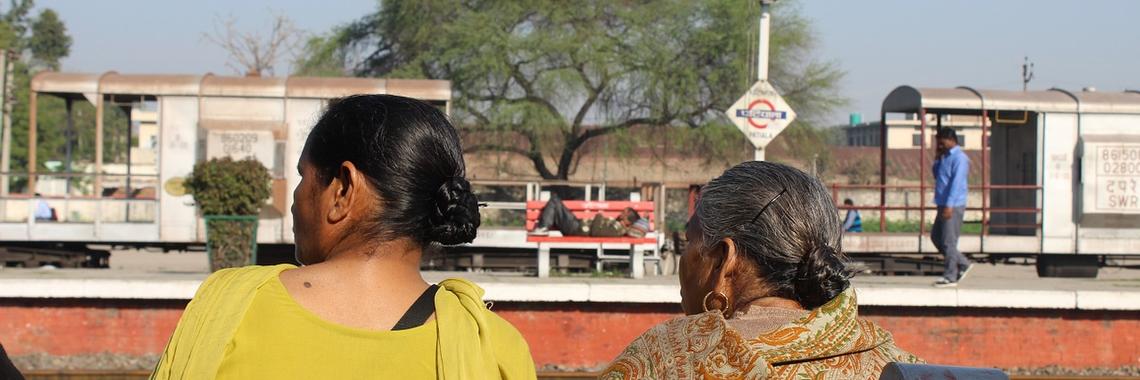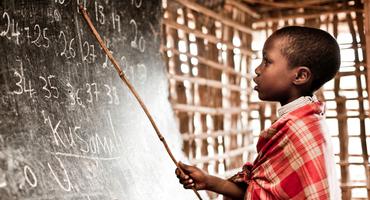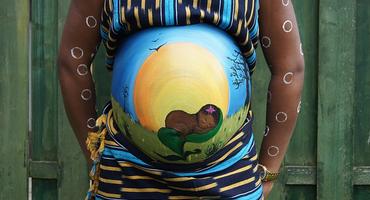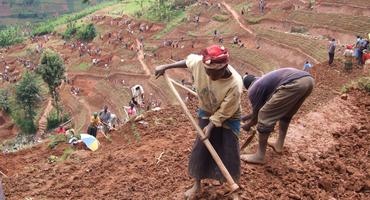OXFEE Programme
Max world population will reach somewhere between 6 and 15 billion by 2100 according to the UN. The High variant 15 billion is generally recognised to place significant strain on the earth’s resources. The Medium variant 10 billion will be better but will still require a significant increase in the requirement for food, fresh water, energy and minerals.
Understanding Demographic Change
The Demographic Change Programme addresses one of the key challenges of the 21st Century: how societies will adapt to the tremendous population changes ahead.
Demography and Economy
The global labour market is being transformed by population change. This programme is examining some of the key questions through our extensive evidence base collected using self-report surveys, interviews, observation, documentary and secondary data analyses
Demography and Society
The research programme concerns examining intergenerational family roles and relationships.
Biodemography and Health
This considers the implications of population ageing for health and long-term care.
The Design Age Institute
The DAI@Oxford is the partnership based at Oxford University who will work with colleagues at the Royal College of Art and Newcastle, the International Longevity Centre and Design Museum, and a variety of stakeholders from design, business, policy and academia, to address the importance of design in the light of global ageing. The partnership is funded by a UKRI Research England award for 3 years.
The Clore Programme on Population and Environment
The challenge raised by the interactions of global climate change and rapidly changing demographic structures throughout the world carries both opportunities if successfully managed and significant risks if public policy interventions fail.









